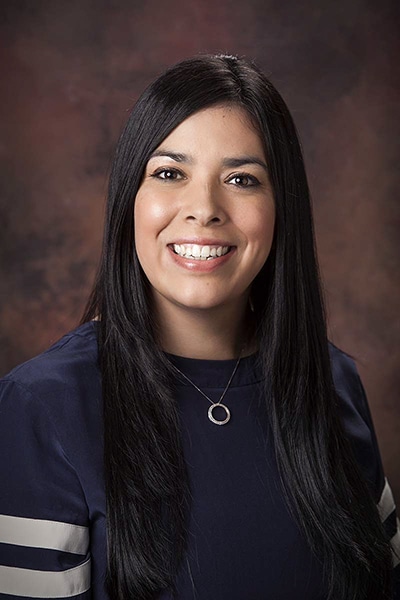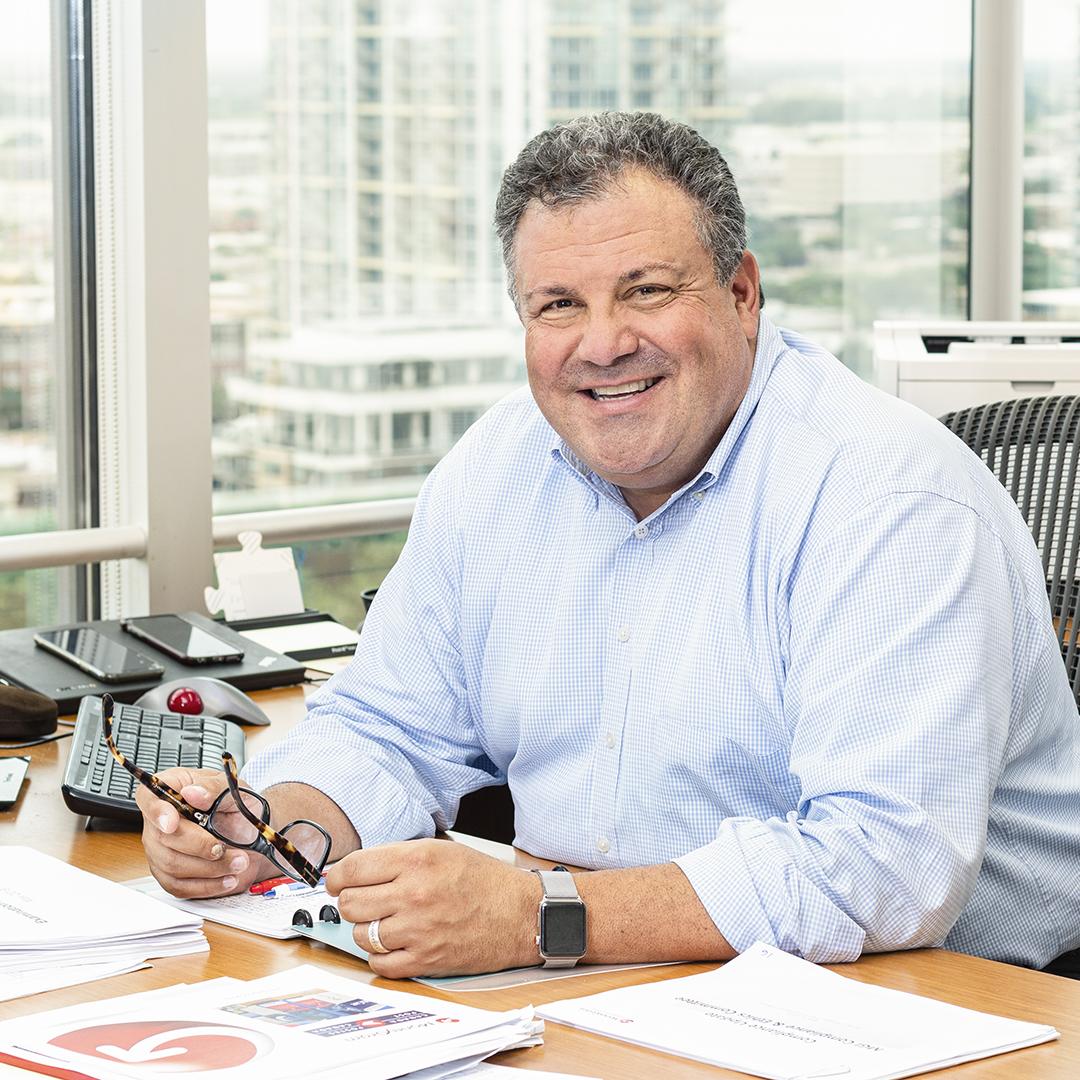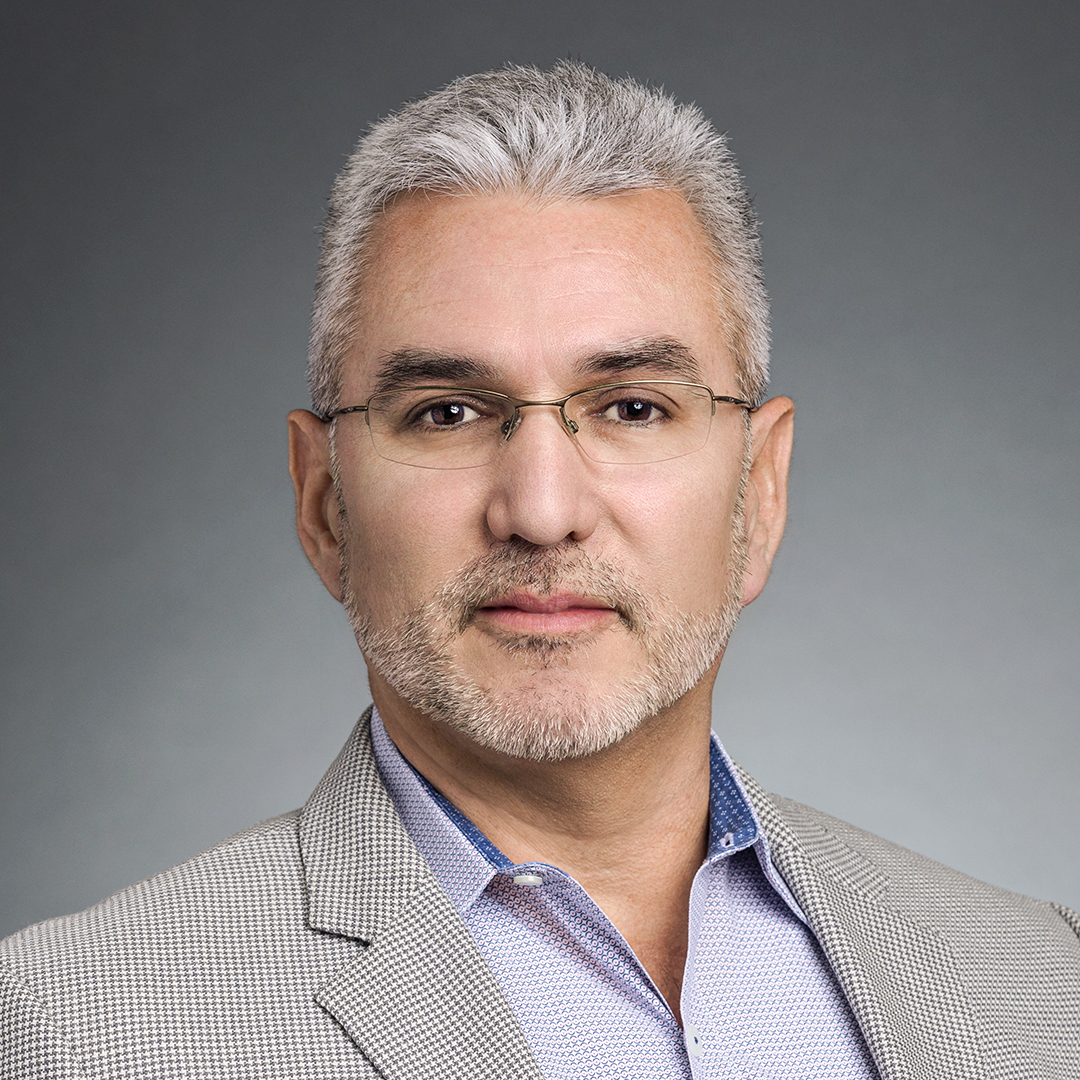|
Getting your Trinity Audio player ready...
|
Though she traded classroom teaching for an administrative role over a decade ago, Dolores Gonzalez spends two days a week away from her computer with teachers, students, and principals. “It helps me be clear and focused,” the chief program officer for the charter school operator IDEA Public Schools explains. “I need to see what is happening with my own eyes.” Her job, she says, is about prioritizing, a skill she improves as IDEA expands and opens dozens of new schools in Texas, Louisiana, Florida, and Ohio.
Broadly, Gonzalez leads a 150-person team that determines what IDEA will teach its kids, ultimately overseeing student experiences inside and outside of academics, including English language learner (ELL) and special programs, athletics, assessment, and counseling. While special education service providers—speech-language pathologists and school psychologists—make up the majority of her team, she directly manages eight department leads. “I used to think I needed more people,” she says. “Now I know I just need the right people with the right expectations.”
Along with clear prioritization, as IDEA grows Gonzalez shifts other management strategies to maintain quality. Constantly planning ahead—keeping focus in both the current school year and the one upcoming—she recognizes the importance of clear decision-making and creating alignment with school management teams. As IDEA expands, so does the number of people—and, at times, opinions. “I used to try to get everyone to agree. Now I do the research, ask for feedback and then make the call,” she says.
While Gonzalez makes tough decisions, she also believes in satisfaction and engagement. “We can’t lead with, ‘I’m an expert. Do as I say,’” she says with a laugh, explaining the importance of engaging people to understand changes. Besides her constant presence in schools, Gonzalez and her team offer teachers ongoing trainings. She sums up her intent as “creating products so staff want to buy them.”

In 2004 IDEA recruited her as the special education director for their, at that time, single school. She arrived at Rio Grande Valley in Texas with three years of teaching experience, intending to stay only one year. That one year became two, then three. Just recently, she convinced her parents to move to the Valley. She’s stayed because of her belief in IDEA.
To hear Gonzalez rattle off the stats of IDEA’s three-year plan to expand its school pantheon is astonishing. August 2020 alone will see twenty-four new schools opened, and by 2024 IDEA intends to have eighty-six more campuses. This includes launching into Tampa Bay, Jacksonville, and Cincinnati.
Those who collaborate with Gonzalez believe in her relentless drive and vision as well—and, ultimately, feed off it. “Dolores is a great partner and leader,” says Stacy Miles, chief operating officer of the National Math and Science Initiative. “She has high expectations, which pushes us to continue to raise the bar on our own work. Thanks to her suggestion, our teams meet quarterly for strategic planning to better serve IDEA students.”
As IDEA celebrates their twentieth anniversary, Gonzalez continues to uphold the original vision of cofounders Tom Torkelson and JoAnn Gama. Fresh out of college and part of Teach For America, the pair addressed inequities through after-school programing. Seeing results, they decided to start a school with the mission that every kid goes to college. Gonzalez aligned with their methodology. She reports that, in the past eight years, only two of IDEA’s thousands of graduates did not matriculate to college, and completion rates have soared three times the national average. IDEA runs a robust alumni program, emotionally and financially supporting college students. Also, it has a prep program that features eleven AP courses, the equivalent of one college year.
IDEA is not worried about filling new seats. In the 2019/2020 school year, nearly thirty-five thousand students applied for fourteen thousand spots. As the organization grows exponentially, it expects demand to keep pace. Gonzales wants quality to grow as well and aims high saying, “Every campus should earn an A this year.”
To that end, IDEA opened eighteen schools in 2018, while Gonzalez also orchestrated a massive, six-month curriculum overhaul. The chief program officer still takes a deep, calming breath before launching into the story. Leaning into excitement from principals and leaders around Great Minds math and reading curriculum and the Being a Writer program, Gonzalez explains, “We decided that if it was good enough for one school, it was good enough for all.” She adds, “Opening up eighteen schools is as hard as rolling out a curriculum like this.”
“That’s the thing here at IDEA. We go all in.”
For Gonzalez, facilitating the shift in curriculum meant convincing teachers and parents of efficacy, materials distribution, and training. Huge belief in the project kept her energized and the 2019/20 school year assessments are proof: third graders who started the curriculum as second graders ended up outperforming previous classes.
Gonzalez happily reports that she did not lose a single team member during the process, though she learned a few lessons. She values the importance of thinking before jumping in, the emotional challenge that comes with change, and the difficulty of seeing short-term versus long-term. They’re lessons that IDEA asks its teachers to teach students.
As she considers massive curriculum shifts, training thousands of new and existing teachers and managing everything from ELL to athletics, the chief program officer still attends spelling bees and cheers on first-time kindergartner competitors. Even in this arena, though, she has set metrics. “Within five years we want to have a student at Scripps,” she says. Then she begins to talk enthusiastically about history competitions a teacher wants to enter before she stops herself and laughs before saying, “That’s the thing here at IDEA. We go all in.”
Related Links
Always aiming to innovate, Marnie Forestieri focuses her energy on education
Havidán Rodríguez Has Gone from Puerto Rico to the Global Stage

